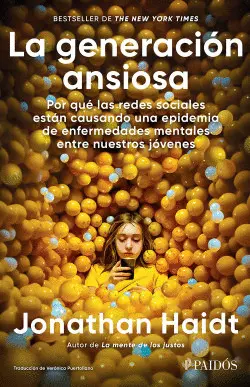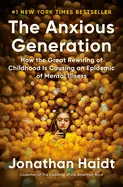The Anxious Generation
How The Great Rewiring Of Childhood Is Causing An Epidemic Of Mental Illness
Jonathan Haidt
THE INSTANT #1 NEW YORK TIMES BESTSELLER From New York Times bestselling coauthor of The Coddling of the American Mind, an essential investigation into the collapse of youth mental health—and a plan for a healthier, freer childhood."Erudite, engaging, combative, crusading." —New York Times Book Review"Words that chill the parental heart... thanks to Mr. Haidt, we can glimpse t...
Sinopsis
THE INSTANT #1 NEW YORK TIMES BESTSELLER
From New York Times bestselling coauthor of The Coddling of the American Mind, an essential investigation into the collapse of youth mental health—and a plan for a healthier, freer childhood.
"Erudite, engaging, combative, crusading." —New York Times Book Review
"Words that chill the parental heart... thanks to Mr. Haidt, we can glimpse the true horror of what happened not only in the U.S. but also elsewhere in the English-speaking world... lucid, memorable... galvanizing." —Wall Street Journal
"[An] important new book...The shift in kids' energy and attention from the physical world to the virtual one, Haidt shows, has been catastrophic, especially for girls." —Michelle Goldberg, The New York Times
After more than a decade of stability or improvement, the mental health of adolescents plunged in the early 2010s. Rates of depression, anxiety, self-harm, and suicide rose sharply, more than doubling on many measures. Why?
In The Anxious Generation, social psychologist Jonathan Haidt lays out the facts about the epidemic of teen mental illness that hit many countries at the same time. He then investigates the nature of childhood, including why children need play and independent exploration to mature into competent, thriving adults. Haidt shows how the "play-based childhood" began to decline in the 1980s, and how it was finally wiped out by the arrival of the "phone-based childhood" in the early 2010s. He presents more than a dozen mechanisms by which this "great rewiring of childhood" has interfered with children's social and neurological development, covering everything from sleep deprivation to attention fragmentation, addiction, loneliness, social contagion, social comparison, and perfectionism. He explains why social media damages girls more than boys and why boys have been withdrawing from the real world into the virtual world, with disastrous consequences for themselves, their families, and their societies.
Most important, Haidt issues a clear call to action. He diagnoses the "collective action problems" that trap us, and then proposes four simple rules that might set us free. He describes steps that parents, teachers, schools, tech companies, and governments can take to end the epidemic of mental illness and restore a more humane childhood.
Haidt has spent his career speaking truth backed by data in the most difficult landscapes—communities polarized by politics and religion, campuses battling culture wars, and now the public health emergency faced by Gen Z. We cannot afford to ignore his findings about protecting our children—and ourselves—from the psychological damage of a phone-based life.
Comentarios
Sé el primero en comentar este libroArtículos relacionados
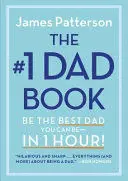
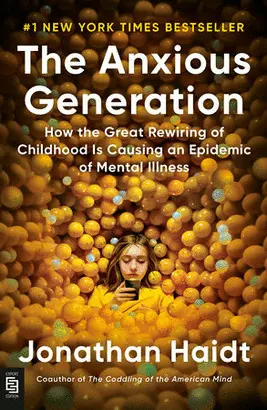
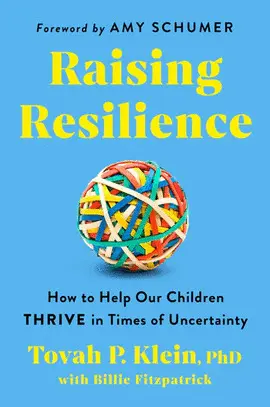
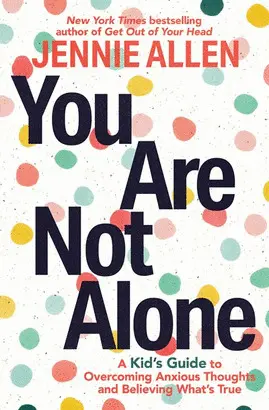
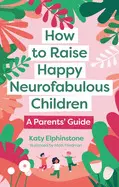
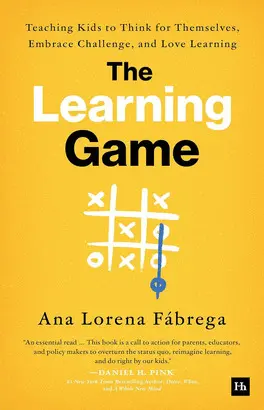
Otros libros del autor

